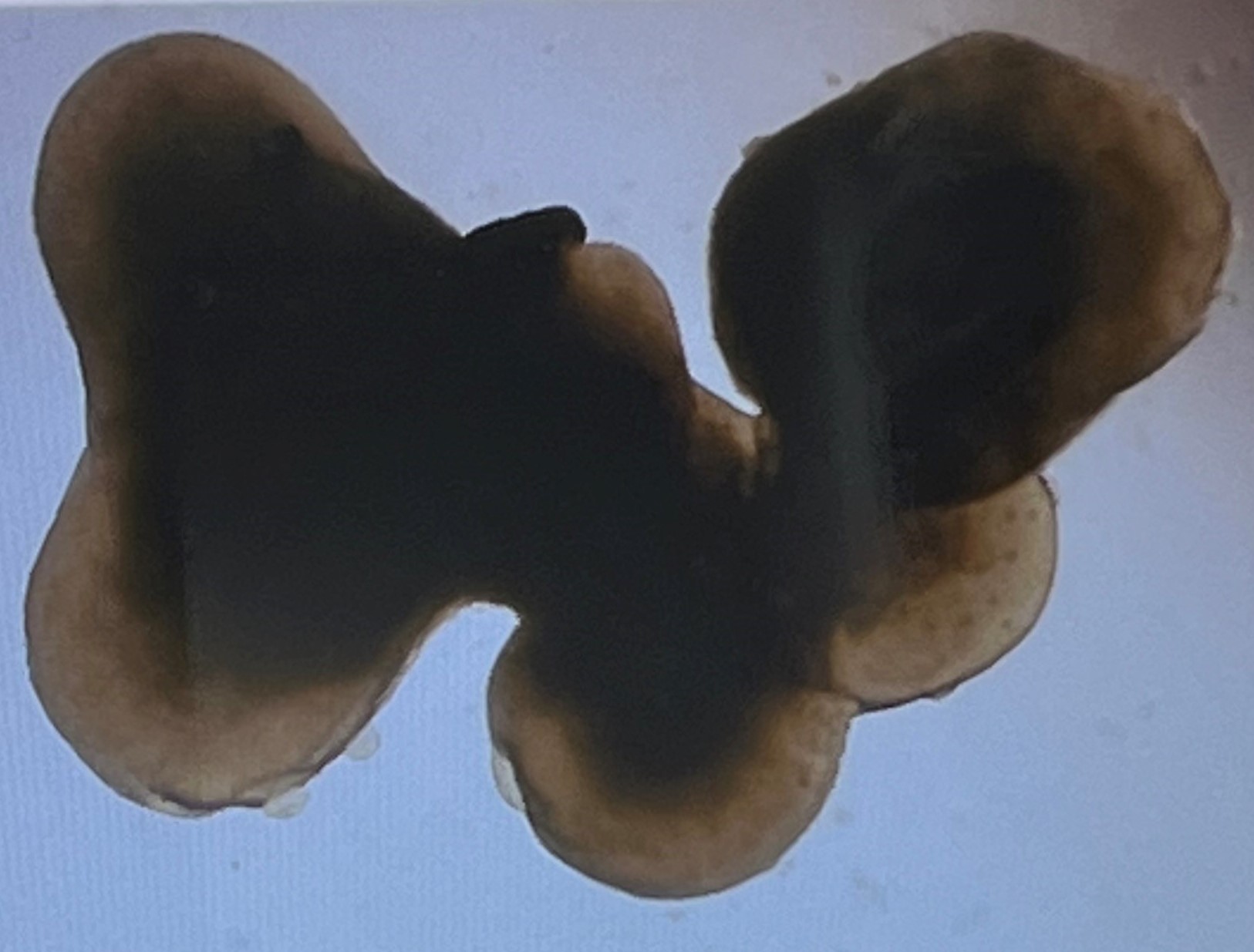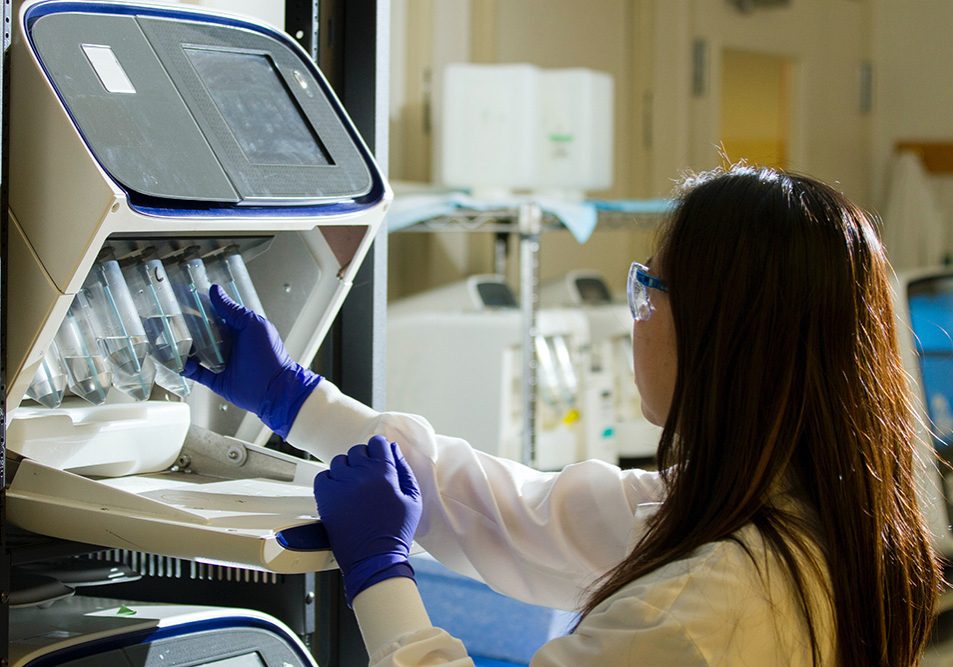28 November, 2024
How do I know what type of IRD I have?
Difficulty in diagnosis
When first diagnosed with an IRD, the disease name can vary between doctors due to the complexity of diagnosing these conditions, involving over 300 known genes with overlapping effects. Genetic testing, known as a “molecular diagnosis,” identifies the specific gene causing the IRD. For example, the RPE65 gene can lead to different clinical presentations such as retinitis pigmentosa (RP) or Leber congenital amaurosis (LCA). To minimise confusion, some professionals refer to the condition by the gene name, like RPE65-associated retinal degeneration.

Genetic testing
What is genetic testing?
Genetic testing, also known as DNA testing, is a medical process undertaken to examine a person’s DNA, to identify changes in genes which can be used to confirm or rule out a genetic condition. It is the only way to be certain about what genetic mutation is causing a person’s IRD. Testing is also sometimes referred to as obtaining a “molecular diagnosis”. To have a genetic test, you need to give a DNA sample. This can be collected from a blood test, saliva sample, or a buccal swab (using a cotton bud to collect some of the cells from inside your cheek).
How do I access genetic testing and what is involved?
If you are interested in obtaining a genetic test, the first person to speak to is your ophthalmologist. You will however, usually need a referral from a general practitioner or optometrist before you can visit an ophthalmologist. Your ophthalmologist will be able to advise on whether a genetic test is suitable for you, and explain the potential costs, risks and benefits. If you would like to see another healthcare professional (i.e. a clinical geneticist or a specialised ocular genetics clinic), your doctor can arrange a referral.
Before providing a sample for a genetic test, you will undertake counselling with either your doctor or a specialised genetic counsellor. They will inform you of the details of the process, and ask you to sign a form to acknowledge you consent to the procedure.
You will then be asked to supply a sample of either blood, saliva, or a cheek swab. The sample is then sent to a testing laboratory, where the genes of most likely involvement are tested.
The other information which is vital to genetic testing is knowledge of your family history. Before you start the process, it is important to find out if anyone else in your family has an IRD. You will be asked to provide this information to your doctor, as it helps them identify the most likely gene to test for.
How much does genetic testing cost?
The cost of a genetic test varies significantly depending on the test type and testing facility. Australians have a choice to fund this testing privately (i.e. pay out of your own pocket), or through the public health system (which covers the costs for some patients through government funding programs but may have long wait times). For some people with a clinical diagnosis of retinitis pigmentosa (RP) or Leber congenital amaurosis (LCA), there is also currently a sponsored genetic testing program called the Vision Genome Program.
In addition, there may be avenues to have genetic testing via participation in natural history studies for IRDs. We advise that you discuss your options for genetic testing with your ophthalmologist and that your genetic testing process be accompanied by consultation with a genetic counsellor. Find out more information about genetic testing including contact details of public clinical IRD genetic testing providers and natural history studies, and what to expect when results are ready, in the “Genetic Testing” section.
The importance of genetic testing for treatment access
In order to access the only available treatment in Australia (click on button below) and to participate in certain clinical trials with early access to potential new therapies, you will be required to have a genetic test to determine eligibility with an accurate diagnosis for which the treatment is targeted.
You can find a current listing of research projects and clinical trials open for participation on the “IRD Research Project and Clinical Trial Register”. Projects on the Register have also been summarised later in this newsletter. Retina Australia recommends that you talk to your ophthalmologist regarding any treatment or interventional clinical trial participation to discuss the best options for you.
This article has been supported by Novartis.
https://retinaaustralia.com.au/ird-diagnosis-and-genetic-testing/
Other Blogs

World Research Summary by Dr Catherine Civil
Hot Off The Press World Research Summary by Dr Catherine Civil. I found some more fun and interesting articles this month. The rapid...

Autosomal Dominant Optic Atrophy Webinar
Supporting people affected by mitochondrial disease Many types of mitochondrial disease (mito) can lead to progressive vision loss and blindness....

World Research Summary by Dr Catherine Civil
Hot Off The Press A very Happy New Year to you all, and may 2026 bring us another step closer to...
